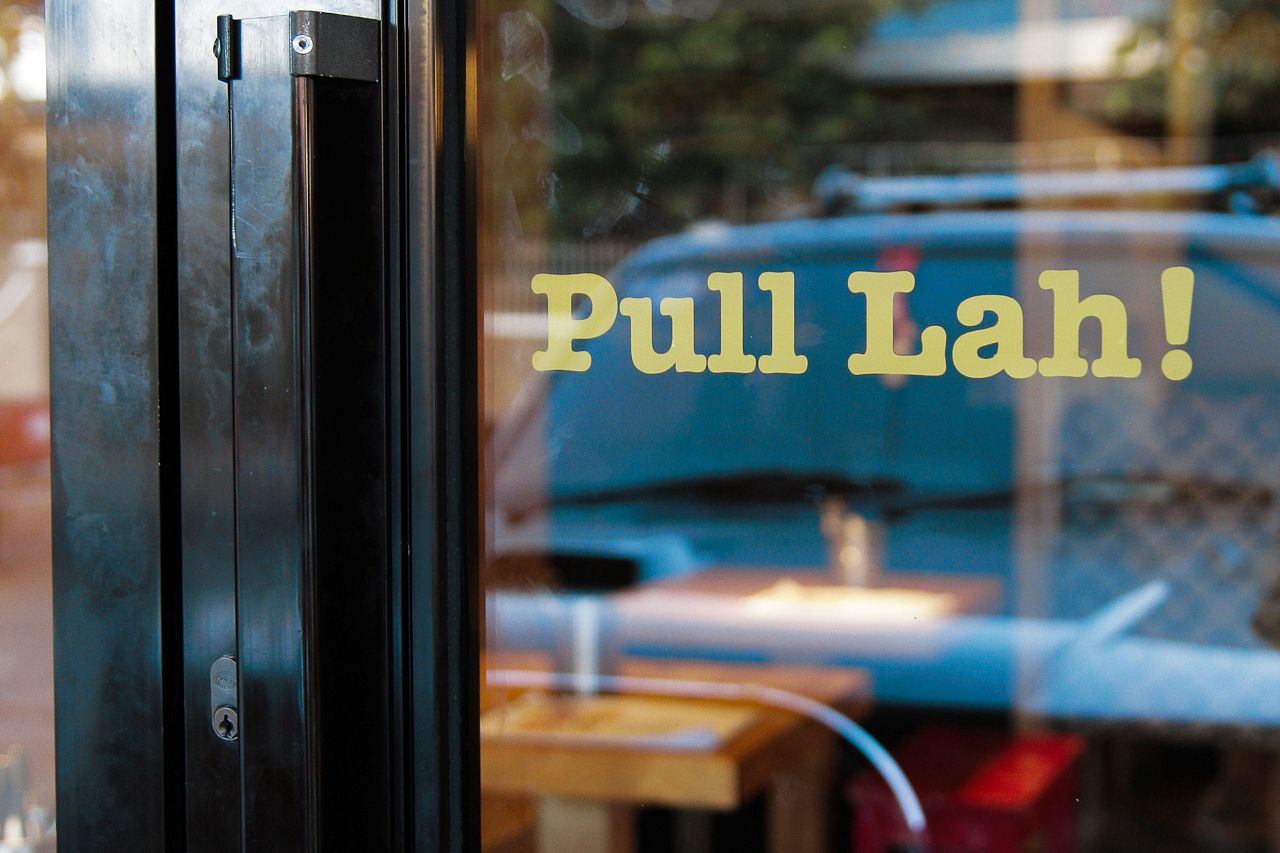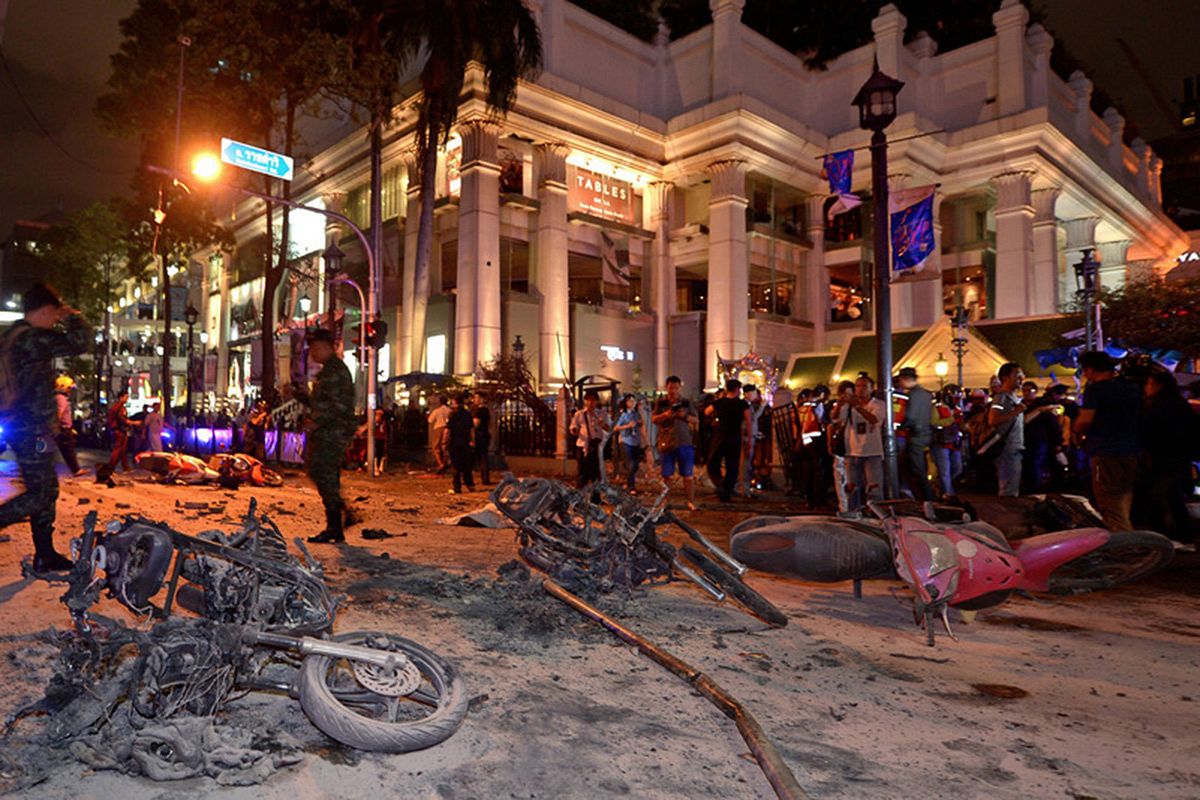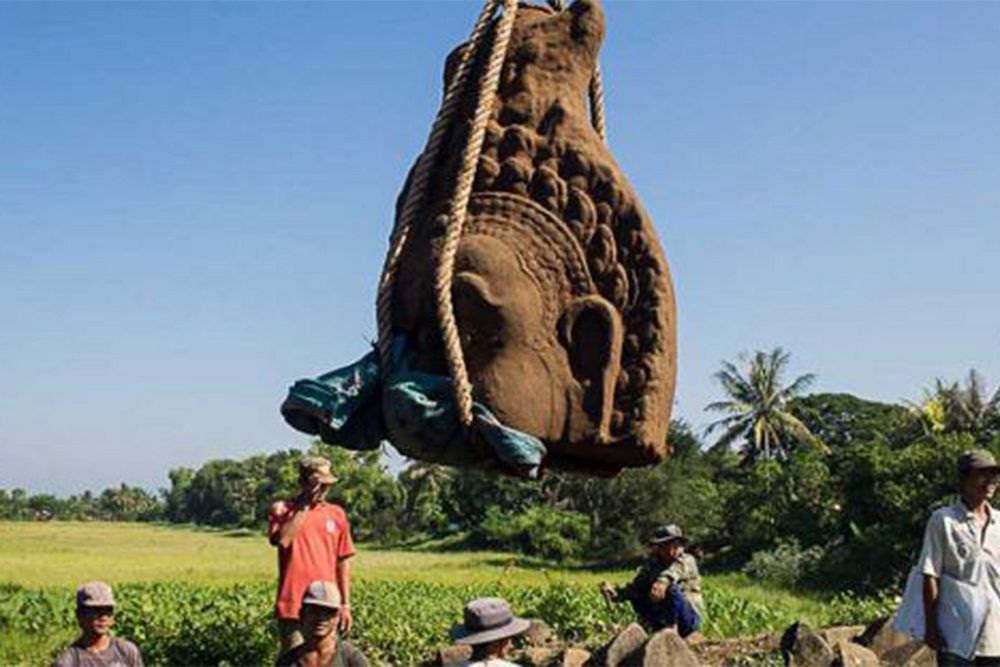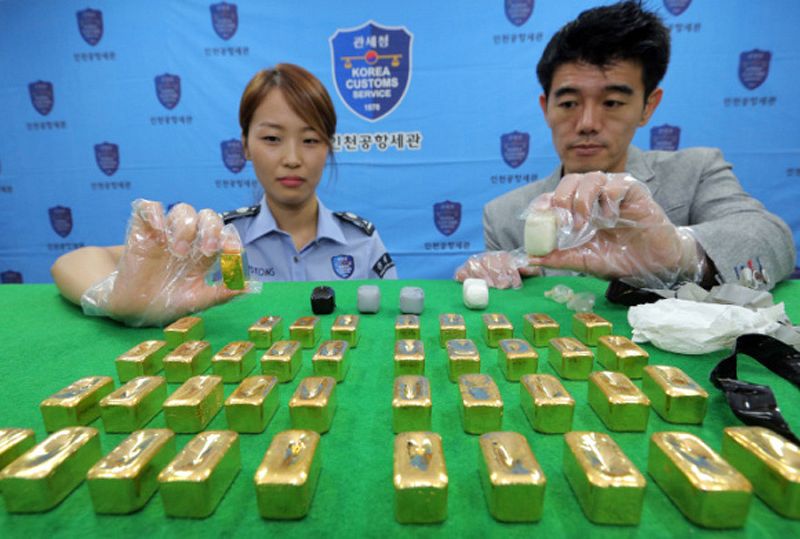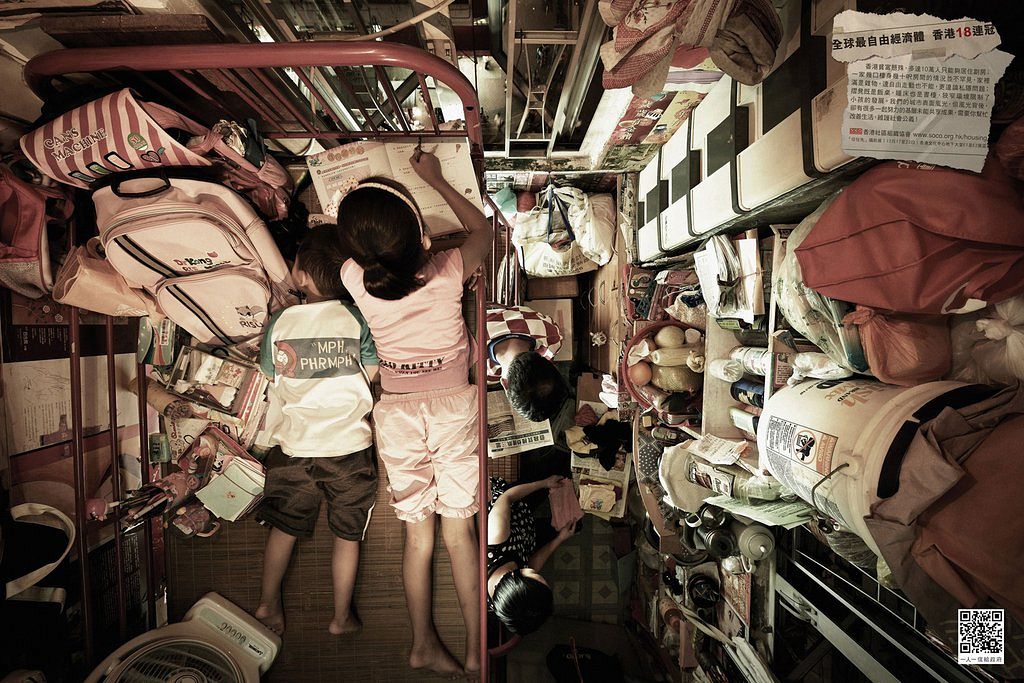At a recent meeting in Hanoi, the four governments agreed in principle on a strategy to end the trafficking of dogs between Vietnam and its neighbors, which is estimated at 5 million animals annually.
The meeting, organized by the Change For Animals Foundation, Humane Society International, Animals Asia and the Soi Dog Foundation, attracted anti dog-trade campaigners from the four countries. It was called for by the World Health Organization and the World Organization for Animal Health since the dog meat trade has been linked to outbreaks of trichinellosis, cholera and rabies.
Dog smugglers in Thailand supply traders in Cambodia and Laos who bring the animals to Vietnam where they are cooked and served up in restaurants. According to the Bangkok Post, Nakhon Phanom, Mukdahan and Bung Kan are the main provinces where dog smugglers operate. When in transit, dogs are housed in crowded and inhumane cages.
High demand in Vietnam makes dog smuggling an attractive trade in Thailand where each can fetch up to VND4.5 million said Chusak Phongphanit, chief of the Nakhon Phanom provincial Animal Quarantine Centre.
While optimistic, John Dally, vice president of Soi Dog, a non-governmental organization, was skeptical about the implementation of the proposed restrictions:
“The interdiction of the dog trade was agreed on in principle, but whether it will be implemented by the four nations remains to be seen," he told the Bangkok Post.
Boonseub Chemchoig, an inspector-general of the Interior Ministry echoed this skepticism:
"We are still seeking a solution because the border between Thailand and neighboring countries is long and difficult to manage."
Trading dog meat is illegal in Thailand but not in Vietnam, Laos and Cambodia.



